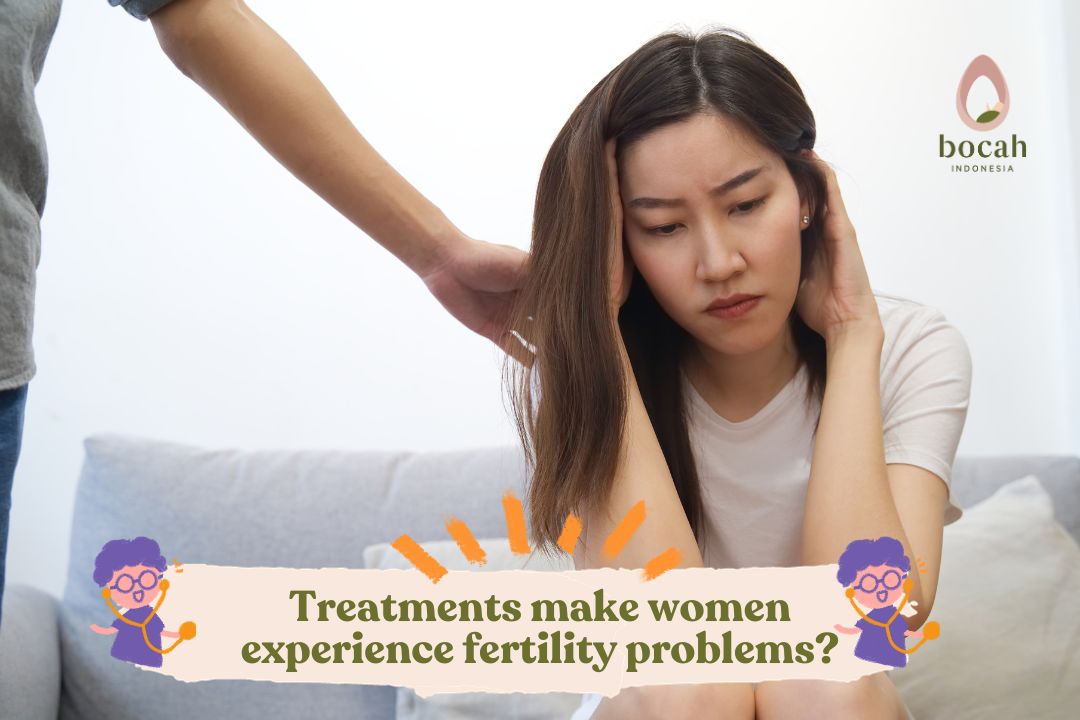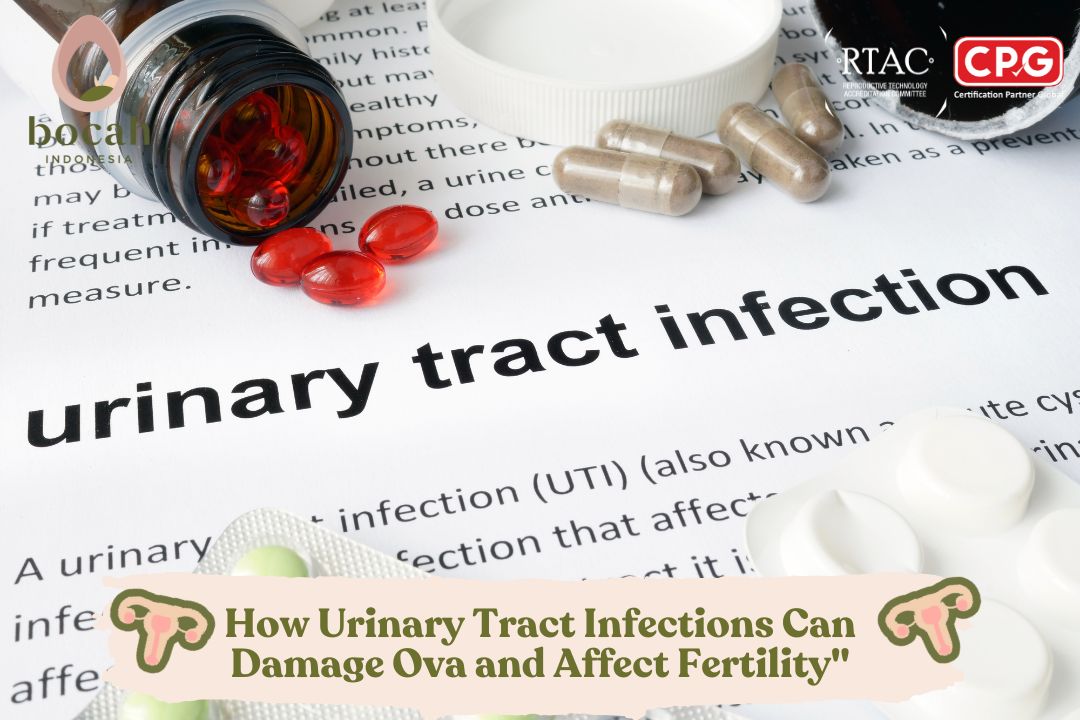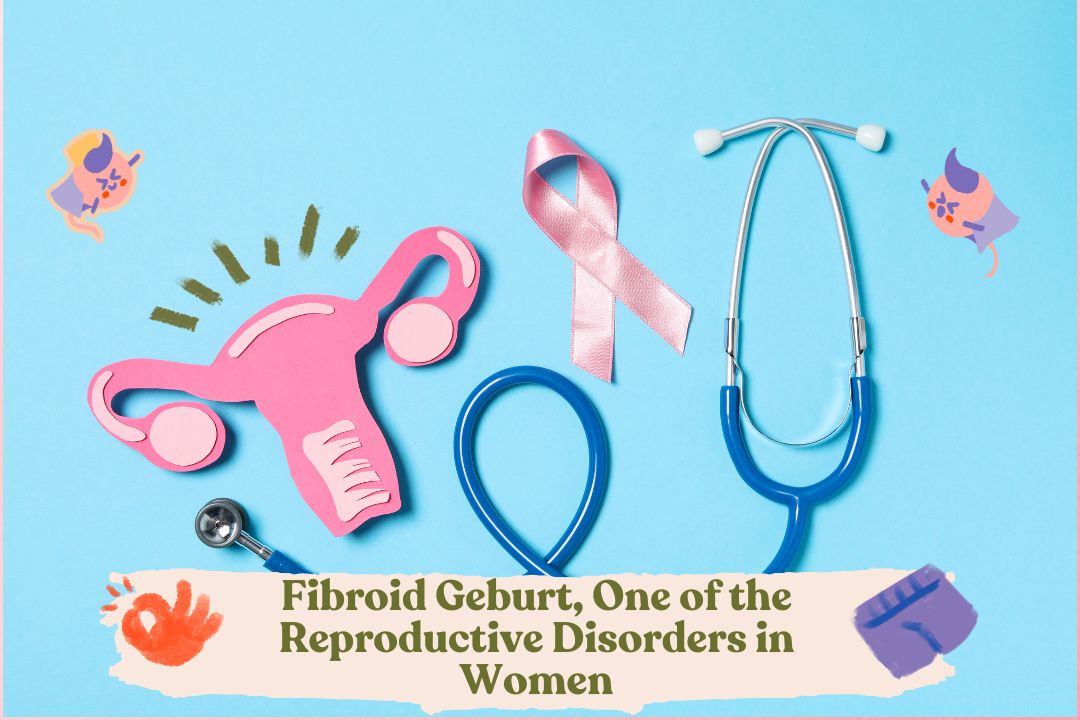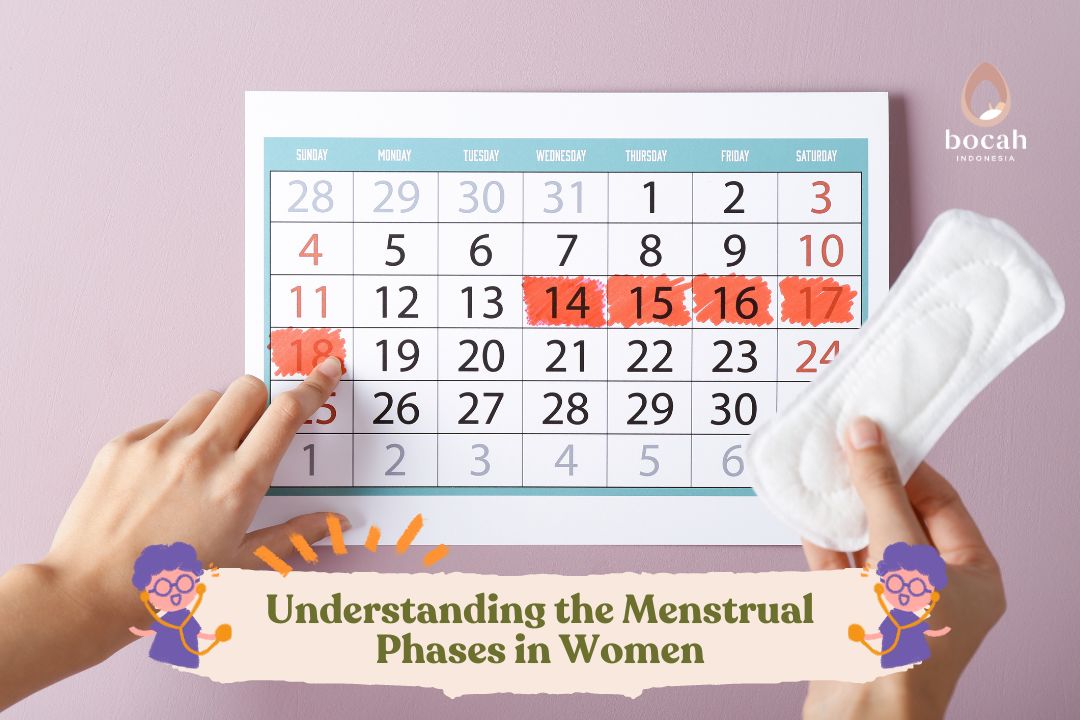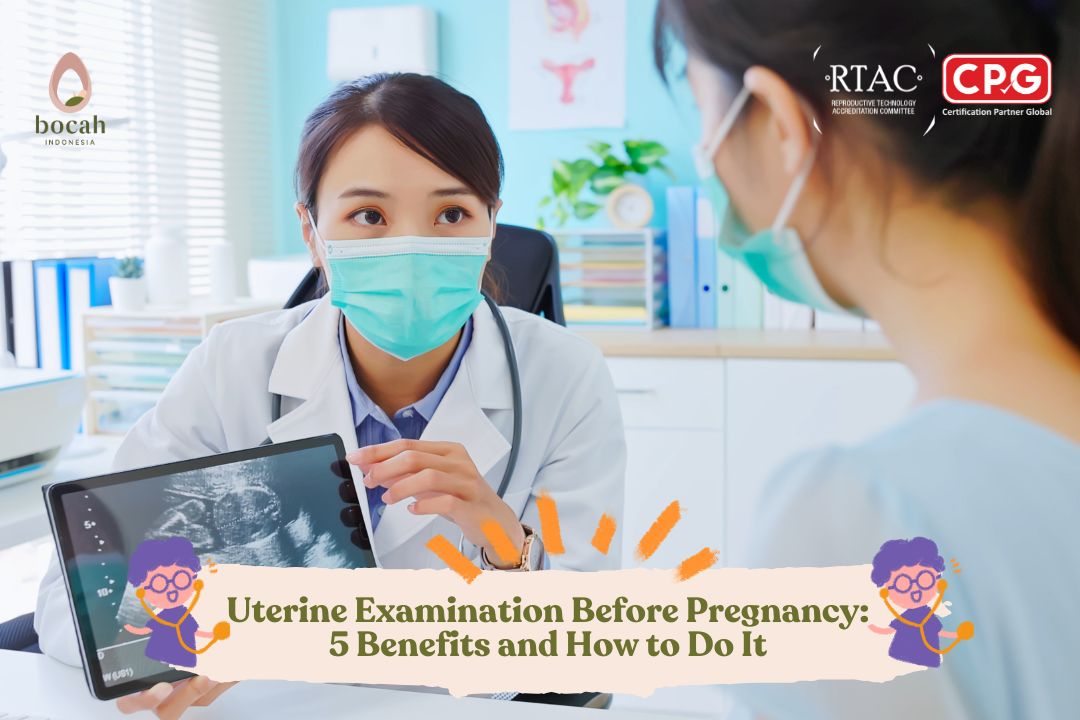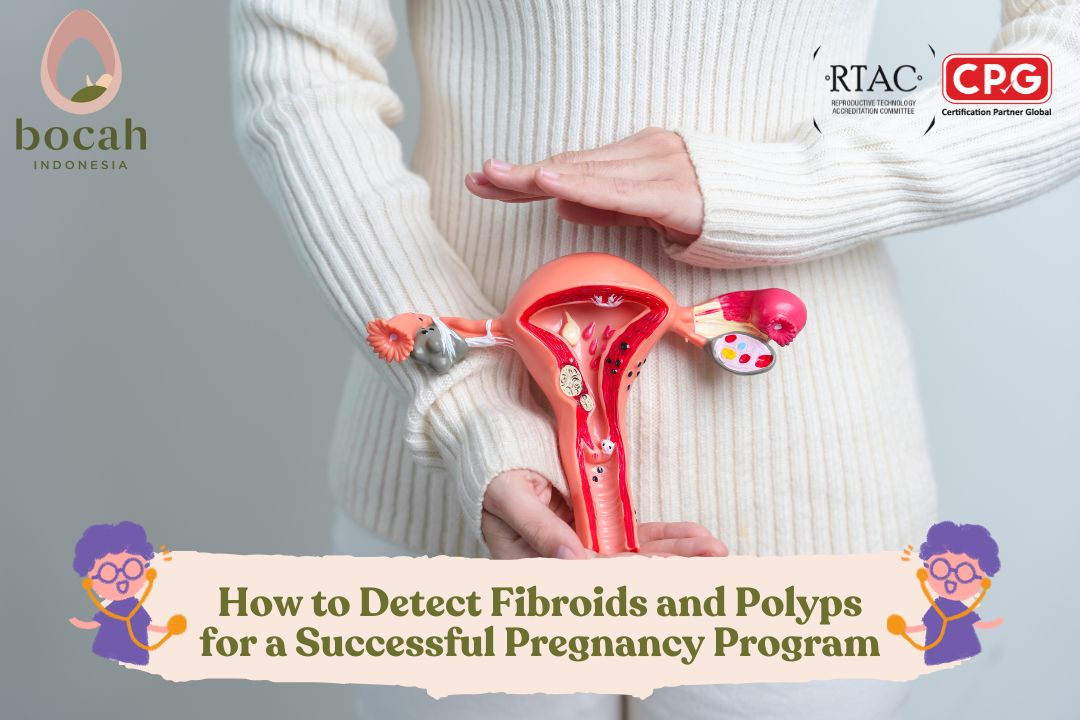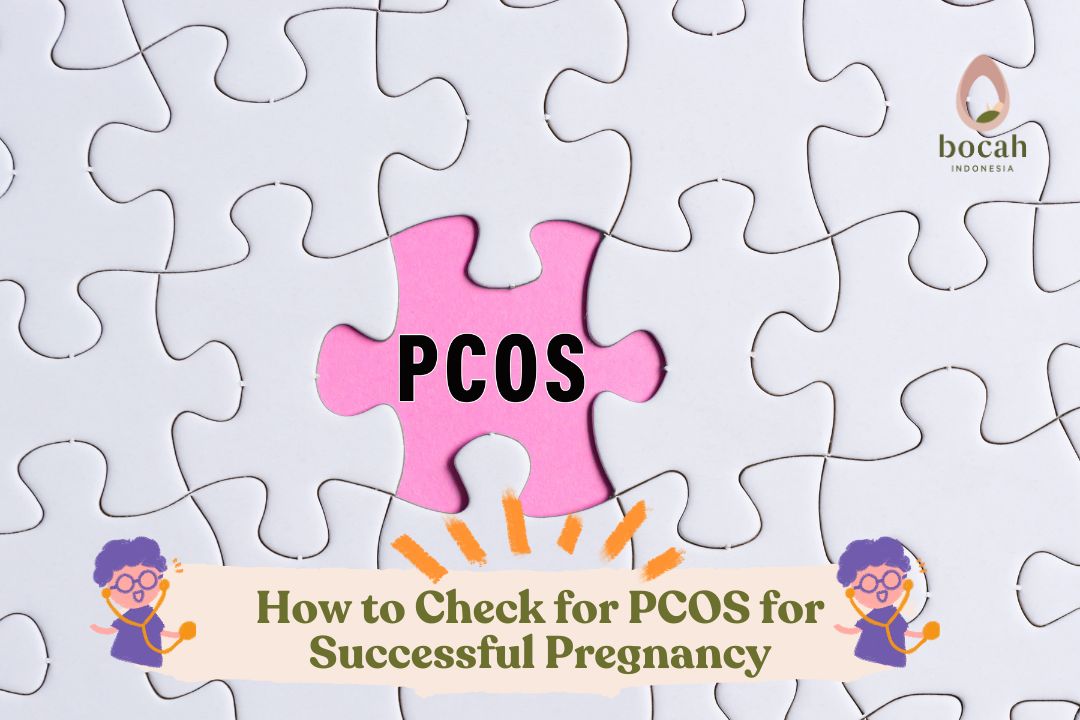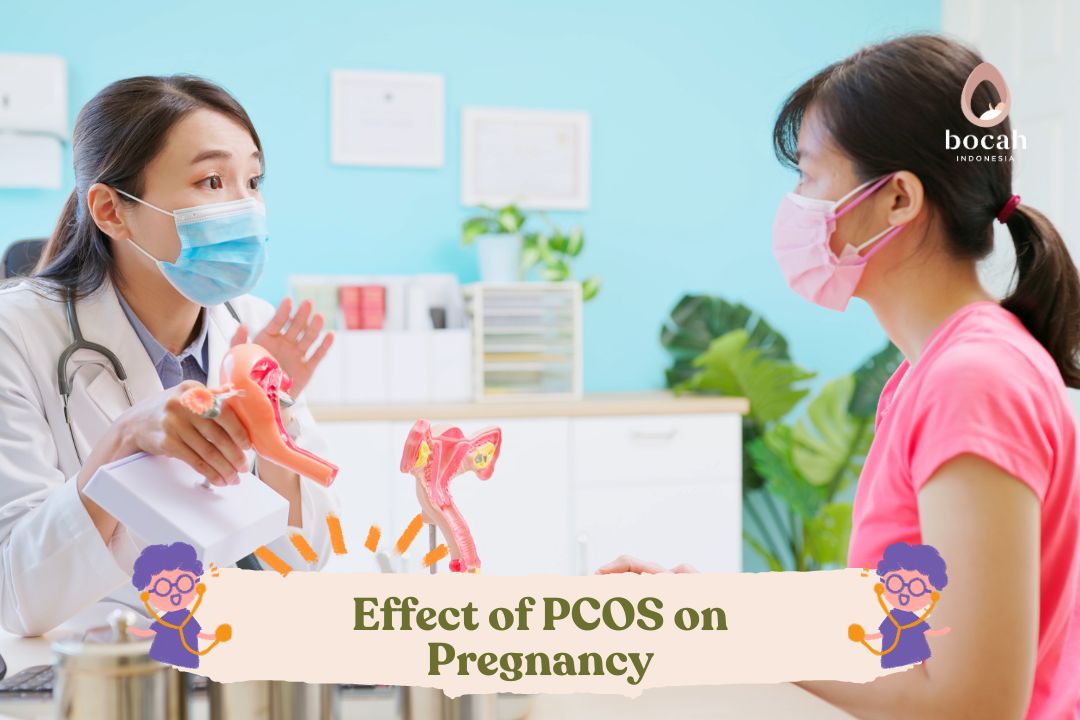The Influence of Autoimmune Disorders on Pregnancy: Understanding Their Impact on Ovum and Fertility
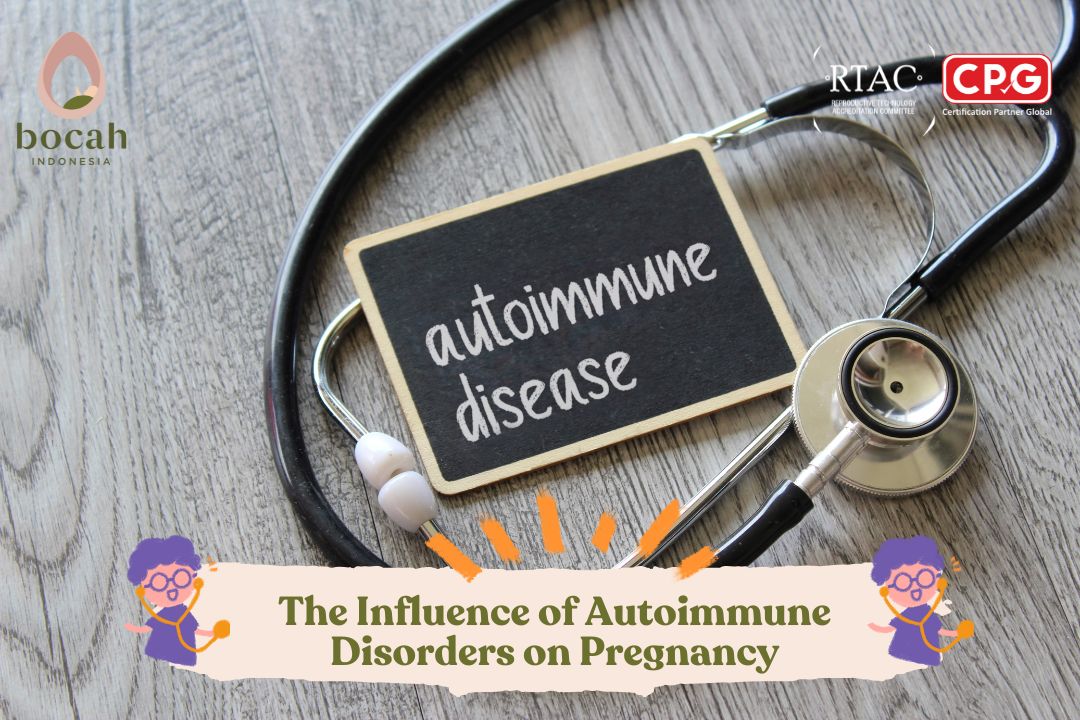
Do autoimmune disorders truly affect the ovum and maternal fertility? Discover the answers here. The ovum, or egg cell, is a vital reproductive cell in women that plays a crucial role in the fertilization process. For a successful pregnancy to occur, a mature ovum must be fertilized by the father’s sperm. However, various conditions can influence the quality and health of the ovum, including autoimmune disorders.
Autoimmune disorders arise when the maternal immune system mistakenly attacks the body’s own tissues or cells, perceiving them as threats. If a mother has an autoimmune disorder, her body may produce antibodies that target the egg cells or reproductive tissues, adversely affecting the quality of the ovum and its ability to be fertilized.
The Impact of Autoimmunity on the Ovum
Autoimmune diseases can significantly affect reproductive health, including the quality and function of the mother’s ovum. In some instances, autoimmune diseases may disrupt the ovulation process and overall ovarian health, thereby influencing the chances of conception.
This is due to abnormal immune responses, where the immune system, which is meant to protect the body, instead attacks its own tissues, including ovarian cells and the ovum that should be maturing.
One common risk faced by mothers with autoimmune diseases is early ovarian failure. This condition occurs when the ovaries cease to function sooner than expected, leading to a decline or complete halt in ovum production before menopause. This risk can profoundly impact a mother’s ability to conceive.
Tanya Mincah tentang Promil?
Autoimmunity can also affect the mother’s ovum through antibodies produced by the body in response to these conditions. These antibodies may interfere with the fertilization process by hindering the successful implantation of the embryo and obstructing the development of the placenta, which is essential for maintaining a healthy pregnancy.
Such conditions can increase the risk of embryo implantation failure, recurrent miscarriages, and pregnancy complications such as preeclampsia and premature birth.
For certain autoimmune diseases, such as lupus, antiphospholipid syndrome, multiple sclerosis, rheumatoid arthritis, type 1 diabetes, and Hashimoto’s thyroiditis, changes in the immune system can have a profound impact on fertility and pregnancy.
The Influence of Autoimmune Diseases on Fertility
1. Systemic Lupus Erythematosus (SLE)
SLE is an autoimmune disease that frequently affects women of childbearing age and can impact organs such as the kidneys, heart, lungs, and skin. While many mothers with SLE can have healthy pregnancies, this condition still heightens the risk of complications such as:
- Preeclampsia (high blood pressure during pregnancy).
- Premature birth.
- Fetal growth disorders.
- Recurrent miscarriages.
- Stillbirth.
In fact, some antibodies in mothers with SLE can cross the placenta and cause health issues in the baby after birth.
If a mother has SLE and is considered high-risk, close monitoring and appropriate care are essential. The mother should collaborate with her doctor to select safe treatment options during pregnancy.
2. Antiphospholipid Syndrome (APS)
APS is an autoimmune disease that often leads to recurrent miscarriages and increases the risk of blood clotting during pregnancy. Mothers with APS have a higher risk of experiencing:
- Preeclampsia.
- Fetal growth disorders.
- Premature birth.
3. Multiple Sclerosis (MS)
MS is a disease that affects the nervous system and is often experienced by women of childbearing age. Symptoms include muscle weakness, vision disturbances, and mobility issues.
Although some studies suggest that uncontrolled MS may result in lower ovarian reserves, pregnancies in mothers with MS generally do not increase the risk of miscarriage or other complications.
Mothers with autoimmune MS can still pursue pregnancy programs, especially if their MS is well-managed. Both parents can consider in vitro fertilization (IVF) to achieve their dream of parenthood.
4. Rheumatoid Arthritis (RA)
RA is an autoimmune disease that affects the joints and is frequently seen in women of reproductive age. Mothers with RA may encounter difficulties conceiving due to the disease or the medications used, as well as reduced intimacy frequency due to pain.
Nevertheless, RA symptoms often improve during pregnancy, although some mothers may still require close medical supervision. Mothers with RA should monitor their pregnancy condition with an obstetrician to avoid complications such as preeclampsia or premature birth.
5. Type 1 Diabetes
Type 1 diabetes is an autoimmune disease that damages the insulin-producing cells in the pancreas, leading to elevated blood sugar levels.
In fathers, type 1 diabetes can diminish sperm quality, while in mothers, it may cause ovulation disorders and accelerate menopause, as well as increase the risk of pregnancy complications such as preeclampsia, fetal abnormalities, and health issues in the baby.
Pregnancies in mothers with type 1 diabetes need to be closely monitored by a physician. Mothers must maintain strict blood sugar levels during pregnancy to reduce the risk of complications.
6. Hashimoto’s Thyroiditis
Hashimoto’s thyroiditis is an autoimmune condition that leads to decreased thyroid gland function due to antibodies attacking the thyroid. This disease is more commonly experienced by women. Adequate thyroid hormone function is crucial for maternal fertility, as thyroid disorders can affect ovarian function.
Mothers with Hashimoto’s need to receive appropriate thyroid hormone therapy to maintain hormone levels in the body. Proper management can enhance the chances of conception and reduce the risk of complications during pregnancy, such as miscarriage or premature birth.
If mothers are concerned about autoimmune disorders and fertility, it is vital not to lose hope and to seek assistance from a doctor or fertility specialist promptly. Physicians can help mothers gain a comprehensive understanding of their health conditions and provide appropriate recommendations to address existing issues.
With accurate examinations and diagnoses, mothers can receive treatments or care that may improve their chances of conception while minimizing the risk of complications during pregnancy.
Additionally, it is essential for mothers to continue maintaining a healthy lifestyle, such as a balanced diet, regular exercise, and stress management. All these steps can help enhance physical condition and improve fertility, even when facing the challenges of autoimmune disorders.
Do not hesitate to seek support from family or close friends, and consult with medical professionals experienced in addressing these issues.
Source:
- Wassarman, P. & Litscher, E. (2022). Female fertility and the zona pellucida. Elife, doi: 10.7554/eLife.76106.
- Khan, F. & Wang, H. (2020). Environmental Exposures and Autoimmune Diseases: Contribution of Gut Microbiome. Frontiers in Immunology. DOI: 10.3389/fimmu.2019.03094.
- US National Library of Medicine Medline Plus (2021). Autoimmune Disease.
- US National Library of Medicine Genetics Home Reference (2020). Systemic lupus erythematosus.
- Mount Sinai (2021). Health Library. Autoimmune Disorders.
- Healthline (2022). Autoimmune Diseases: Types, Symptoms, Causes, and More.
- MSD Manual (2022). Autoimmune Disorders.


